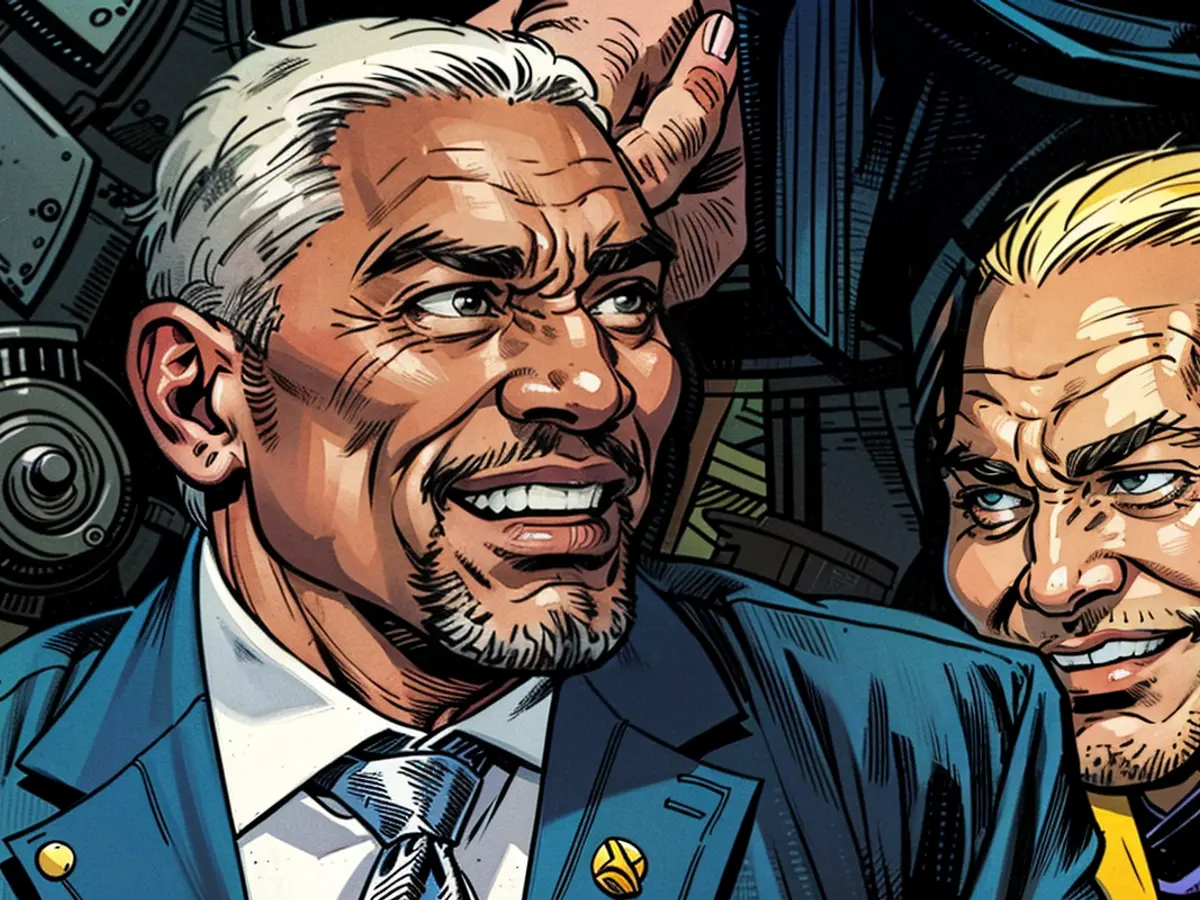South Africa's Leadership Remains in Ramaphosa's Hands - Yet, Questions Surround Key Alliances
In the recent South African Parliamentary elections held two weeks ago, the ruling ANC experienced significant setbacks. Regardless, President Cyril Ramaphosa managed to secure re-election. Establishing a stable government, however, appears to be far from straightforward.
Cyril Ramaphosa has been voted into office by the new South African parliament, amassing 283 out of 339 votes. As the leader of the ANC, he is now tasked with forming a new administration.
The ANC, the political party known for its anti-apartheid icon Nelson Mandela, faced a significant blow in the elections held on May 29th. This marks the first time in three decades that South Africa, the continent's largest economy, will not solely be governed by the ANC. For the first time in 30 years, a coalition will be established. The ANC holds 159 of the 400 parliamentary seats, while the Democratic Alliance (DA) claims 87 seats.
Doubts among ANC supporters
John Steenhuisen, a prominent DA politician, declared in Cape Town that after two weeks of intense discussions, a "new chapter" is commencing in South Africa. The agreement signed between parties stated that an alliance, which includes various parliament-represented parties, is beneficial for all South Africans.
Nevertheless, not all ANC representatives are enthused about working with the economically conservative Democratic Alliance, which some ANC supporters view as primarily serving the interests of South Africa's white minority. The negotiations between the ANC and other parliament-represented parties are still ongoing. Political analysts have already expressed concern that a Government of National Unity could lead to an unstable and inefficient administration. Urgent reforms are required in the 61-million populated country, which has been grappling with a faltering economy, widespread unemployment, entrenched corruption, ailing state-owned enterprises, and a declining healthcare and education sector for years.
Read also:
Despite the ANC's reduced majority in the Parliament, President Cyril Ramaphosa, being the party's leader, continues his efforts to form a coalition government with other parliamentary parties within South Africa. Some ANC supporters express reservations about working with the economically conservative Democratic Alliance, which they perceive as predominantly serving the interests of South Africa's white minority.








